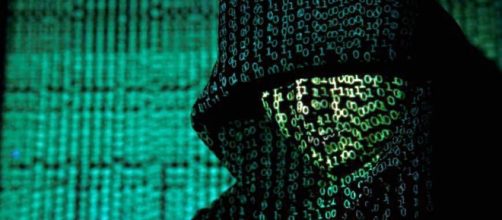Marcus Hutchins, a cyber security expert working in Kryptos Logic, a Los Angeles security firm was detained by FBI. Recently, he was in the news for stopping the spread of the WannaCry ransomware which locked the personal files on the computers around the world. The FBI arrested him for developing software that has stolen the banking credentials of a large number of people.
What is the accusation against Hutchins?
The Federal prosecutors said that though Hutchins played a major role in slowing down the spread of the Wannacry malware, he had a malicious intent at some point in his career.
The FBI further accused Hutchins of marketing Kronos Trojan that affects the banking sites from July 2014 to July 2017. The Kronos Trojan is distributed in the form of attachments that are found in malicious emails. Once the user downloads the attachment, the Trojan affects the user PC and starts monitoring the user internet browsing as most of the antivirus software fails to detect them. The malware then pushes the user to access fraudulent banking websites and e-commerce websites that look legitimate and steals their login credentials.
On Wednesday, the FBI arrested Hutchins in Defcon, one of the biggest hacker’s conference when he tried to leave Las Vegas. From distributing malicious content to interrupting electronic communication, Hutchins has six charges filed against him.
Trisha Young, U.S. Attorney office spokeswomen has said that Hutchins will be appearing in the U.S. district court in Las Vegas on Friday Afternoon.
Support for Hutchins
Following the arrest, many people came in support of Hutchins and defended him saying his work to protect the users against the Kronos Trojan may be misinterpreted by the FBI. There were also allegations that most of the Russians forums are trying to project Hutchins in a bad light.
Neino Salim, the chief executive of Kryptos Logic in an interview to Los Angeles Times in June has said that they hired Hutchins in 2016 after going through his blog which has a lot of articles on virus and malware attacks. However, the blog did not have any posts related to Kronos.
Neino Salim further said that Hutchins work has protected nearly 10 million computers from infection during the recent Wannacry ransomware outbreak. Hutchins received huge financial rewards from various security industries for his work which he said he would be donating to charities.
Orin Kerr, a professor at George Washington Law School has said that selling a malicious software alone cannot be considered as a crime and hence the prosecutors have to prove that Hutchins must be aware of the software that he developed would help in cyber crime.

